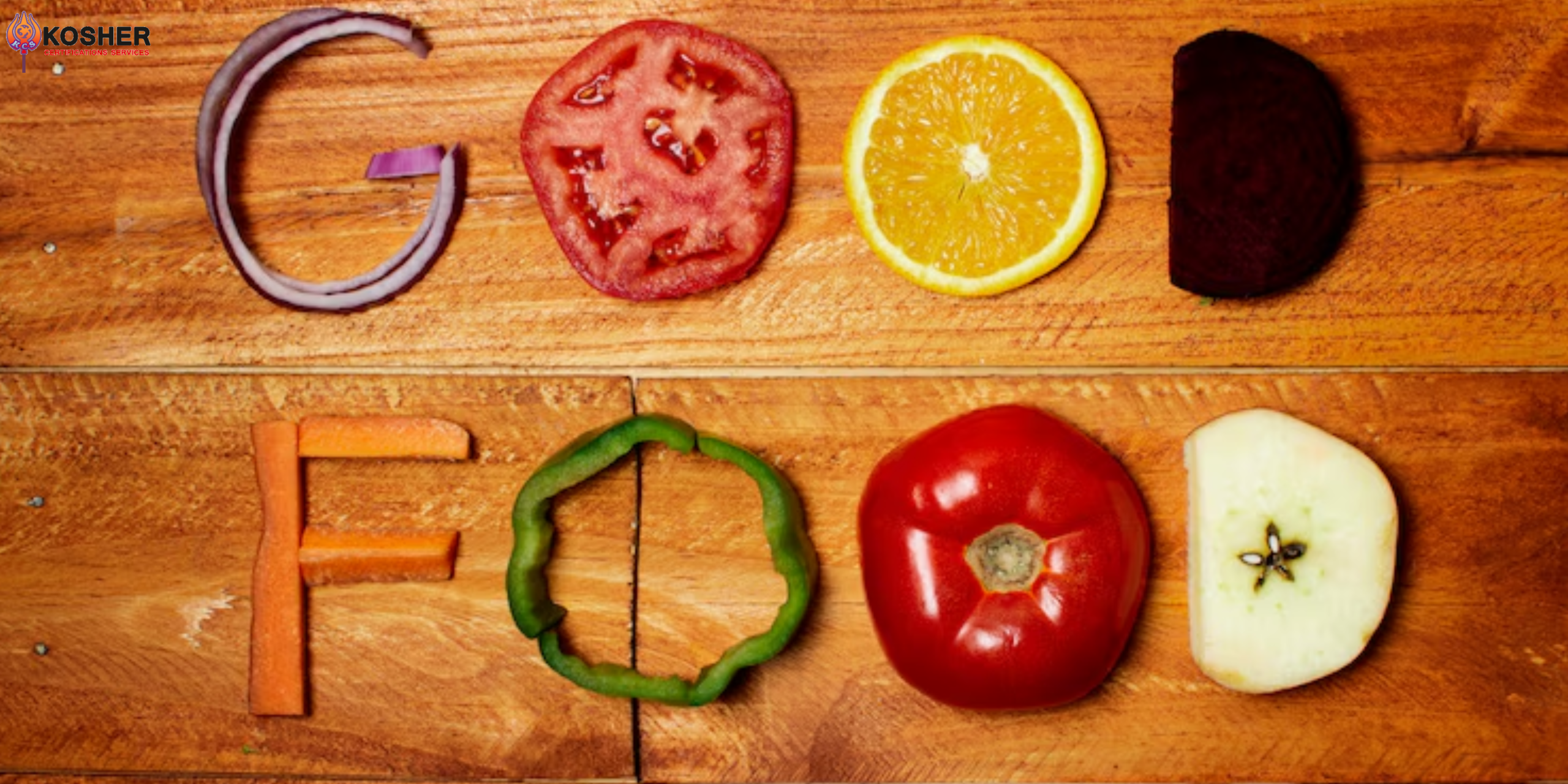When you see the word “Kosher Meaning” on food packages, you might think it’s just a label for certain diets. However, the Kosher Meaning runs much deeper. It reflects a set of ancient Jewish dietary laws known as kashrut, which guide what foods are allowed, how they are prepared, and how they should be consumed. These laws aren’t just religious rules—they symbolize mindfulness, ethical standards, and a connection to tradition.
In today’s world, kosher food is valued not only by Jewish communities but also by many who seek healthy, ethical, and trustworthy food choices. Let’s explore what kosher means, how it works, and why kosher certification matters.
What Does Kosher Kosher Meaning?
The word “kosher” comes from the Hebrew word kashér, which means “fit,” “proper,” or “correct.” In Jewish law, kosher food is any food that complies with the biblical dietary laws. These rules cover:
-
What animals are allowed
-
How animals must be slaughtered
-
Which foods can be mixed or must be kept separate
-
How food should be prepared and served
More than just a list of do’s and don’ts, kosher laws encourage awareness about food and respect for life.
Which Foods Are Kosher Meaning?
Understanding the Kosher Meaning means knowing which foods qualify and which don’t. The main rules include:
-
Land animals must have split hooves and chew cud. This means cows, sheep, and goats are kosher; pigs are not.
-
Fish must have fins and scales. Salmon and tuna are kosher; shellfish like shrimp and crab are forbidden.
-
Birds such as chicken, turkey, and duck are kosher; birds of prey are not.
-
No mixing meat and dairy. These categories must never be eaten or cooked together.
These rules come directly from the Torah and have been observed for thousands of years.
The Importance of Kosher Slaughter and Food Preparation
Kosher meat must come from animals slaughtered according to the shechita method. This process is performed by a trained person called a shochet and ensures the animal is killed quickly and humanely. After slaughter, the meat undergoes a process to remove blood, which is forbidden in kosher laws.
Beyond slaughter, kosher kitchens require strict separation of meat and dairy. Separate utensils, pots, and even dishwashers may be used to maintain this division. Even a small mistake, like cooking dairy and meat together, can make food non-kosher.
Why Kosher Certification Matters for Consumers
It can be difficult to know if food truly meets kosher standards just by reading the ingredients. That’s why kosher certification agencies exist. Organizations like Kosher Certification audit factories, ingredient sources, and production lines to verify compliance with kosher laws.
When you see an official kosher symbol on food packaging, you know that the product has been thoroughly checked. This builds trust among consumers who depend on kosher foods for religious, ethical, or health reasons.
Who Eats Kosher and Why?
Originally, kosher food was eaten strictly by observant Jews following religious commandments. But today, kosher food appeals to a wider group of people:
-
Many appreciate the cleanliness and safety standards.
-
Others value the ethical treatment of animals involved.
-
Some choose kosher for allergen control since kosher rules limit cross-contamination.
-
Families wanting to maintain cultural traditions continue to follow kosher laws.
-
People simply trust kosher certification for its quality assurance.
Kosher eating is more than a religion-based diet—it represents a lifestyle focused on quality and care.
Kosher Extends Beyond Food Items
Kosher laws don’t just apply to meat, dairy, or fish. Products such as wine, supplements, medicines, and even some household items can be subject to Kosher Meaning standards. Many kosher households keep separate dishes and utensils to maintain kosher integrity.
Also, the term “kosher” has found its way into everyday language. When someone says, “That’s not kosher,” they mean something isn’t right or honest. This shows how the concept of kosher represents fairness and integrity beyond food.
The Growing Popularity of Kosher Foods Worldwide
Kosher products are no longer limited to Jewish communities. They are now widely available in supermarkets across many countries. The demand is rising because many consumers want the added assurance of quality, safety, and ethical production.
Companies partner with agencies like Kosher Certifications to meet these high standards. Today, kosher-certified products include snacks, beverages, frozen foods, and even cosmetics.
Final Thoughts on the Meaning of Kosher Today
The Kosher Meaning is more than a set of ancient dietary laws. It’s a symbol of respect—respect for tradition, for animals, and for the food that sustains us. Whether you follow kosher laws strictly or just choose kosher products occasionally, you’re part of a tradition that values intentional, ethical eating.
In a fast-paced world of convenience foods, kosher standards offer a trusted path to healthier, cleaner, and more mindful food choices.









